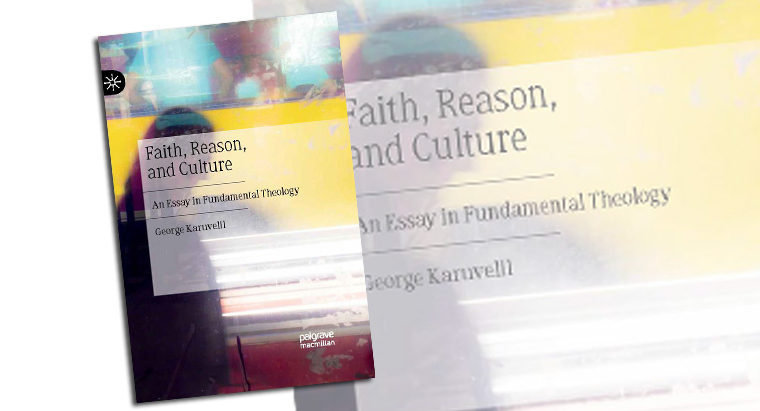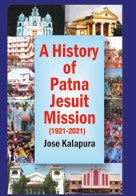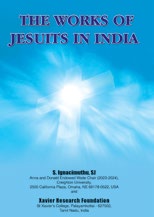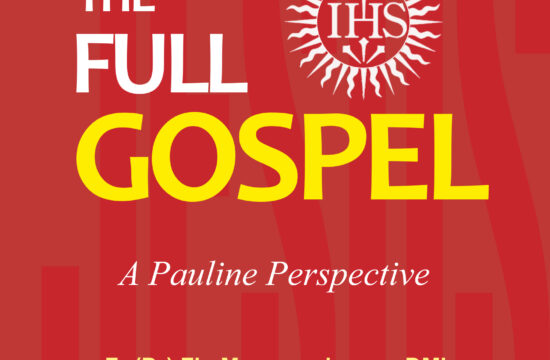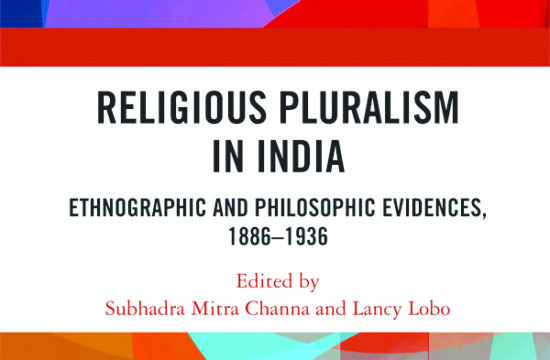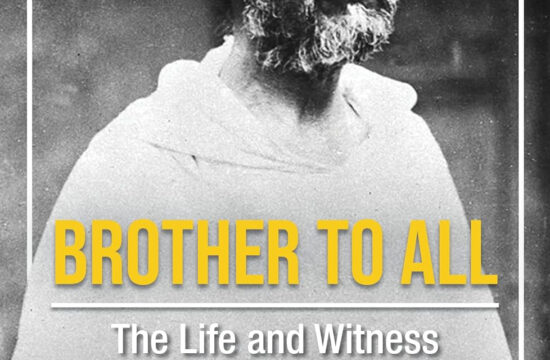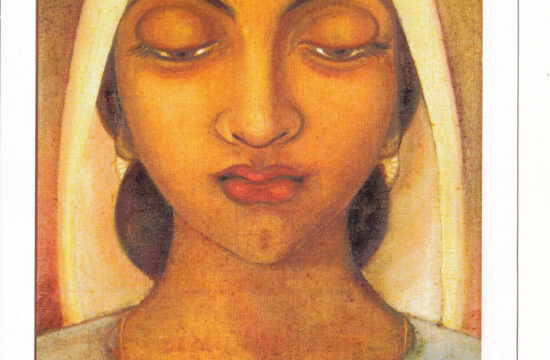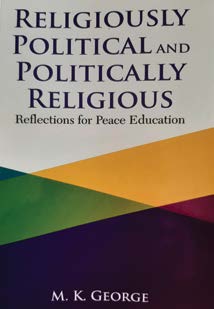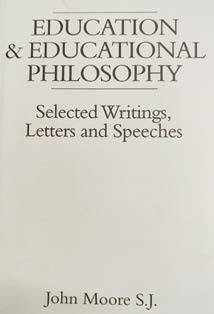Vatican II arose from the realization that the neo-Thomist philosophy and theology promoted by the Church for protecting itself from the onslaught of modern culture had failed. From this realization arose the quest for aggiornamento (updating). But the Church did not have any blueprint for carrying out this task. Scientism (the idea that science is the sole source of human knowledge) was the ruling philosophy of the times. But a Church that believed in revealed knowledge could not accept that doctrine.
Together they led to two developments. One was the influx of empirical sciences into theological formation. Disciplines like psychology, sociology and science of religions (also called Comparative Religion and History of Religions) were expected to do the role played by philosophy earlier. But there was a problem. Philosophy and theology provided a comprehensive vision for life; sciences specialized in more limited domains. Without a comprehensive vision not only did philosophical and theological formation in the Church get fragmented, but also were at the mercy of changing cultural currents (e.g. shift from modern to postmodern). This realization, and the Church’s commitment to divine revelation, led many Christian intellectuals to visualize a discipline called Fundamental Theology that would provide foundations for Christian theology in the contemporary world. However, this new discipline –as distinct from dogmatic theology – could hardly find its feet, for various reasons. But its need remained.
This book attempts to meet this need. It carries forward the mission and the heritage of the Church, without relying excessively on Plato and Aristotle. In their place, insights from contemporary philosophy and culture are adopted. It takes the postmodern critiques of modernity seriously, without succumbing to postmodern licentiousness. Since its primary addressee is not professional philosophers, technical philosophical vocabulary is kept to a minimum, and they are explained in non-technical language. Though situated in Western discussions, this book has learned much from the Indian traditions. It provides a comprehensive vision of life that is firmly rooted in Christian faith, and provides an intellectual framework for interreligious dialogue.
- George Karuvelil, SJ
- Title: Faith, Reason, and Culture: An Essay in Fundamental Theology
- Author: George Karuvelil, SJ
- Publisher: Palgrave Macmilan
- Pages: 402
- Price: € 93,59


